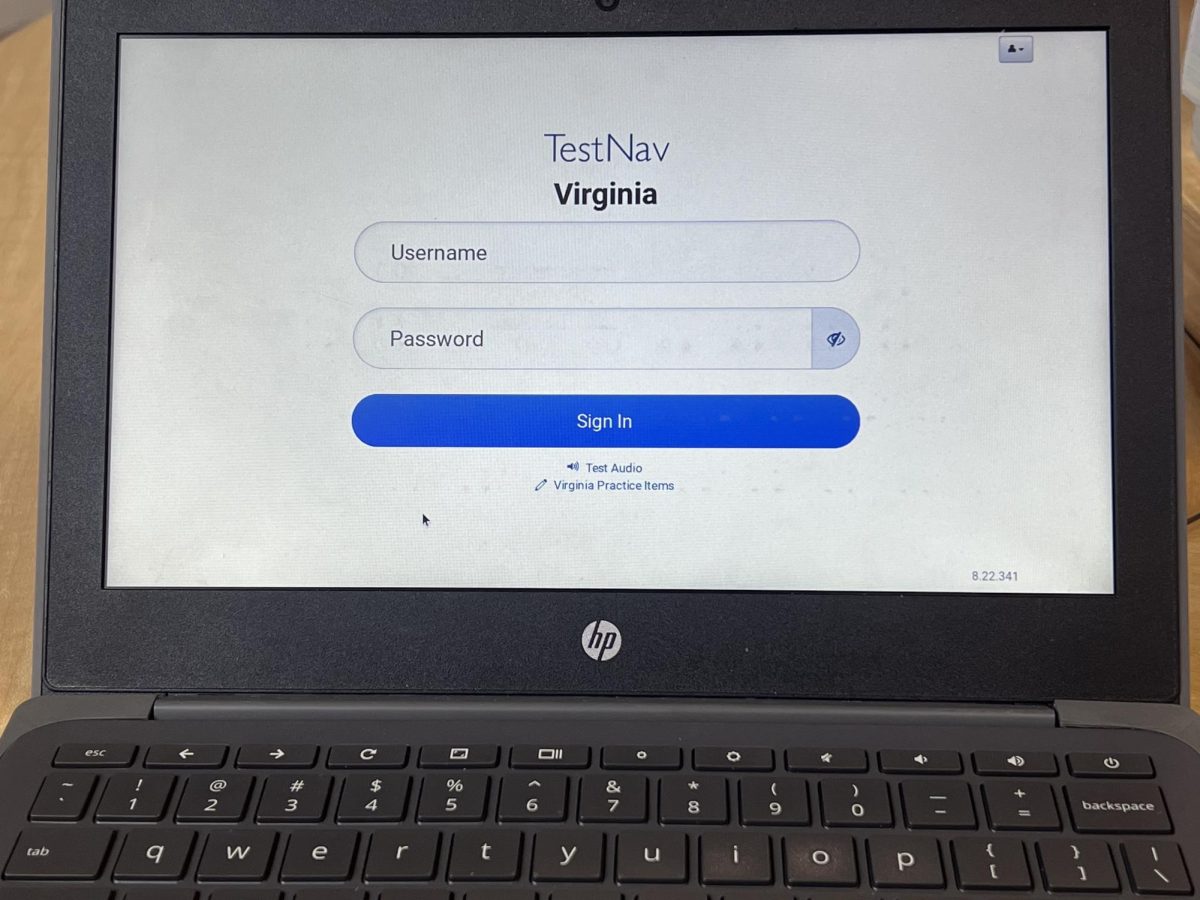SOLs are coming up soon. Students are overwhelmed, but they really aren’t anything to stress about. In this article, we explore the basics of how to pass your SOL, get insight and tips from an SOL teacher, and explore ways to de-stress before your SOL.
Near the end of the semester is the time most students dread: SOL time. SOLs are not as bad as they’re portrayed to be. They are just benchmark tests to see if the students are learning what is expected of them to learn, and if the teachers are teaching accordingly. They can reflect on the schools and influence federal funding as well.
We interviewed Julia Oravetz, an English teacher at Tallwood. She had a lot to say about SOLs. For example, she said, “It’s not about the SOL itself; it’s about the hype around it. There is a lot at stake for students and even teachers. It reflects on the teachers and students and even federal funding for the school.” She also said, “If you fail, it is not the end of the world. You can retake the SOL easily.”
We also asked her about her most effective test-taking tips and strategies, and she said, “First and foremost, you need to forget about where your phone is. It is a distraction, and the majority of students are constantly thinking about their phone and where it is. Secondly, remove as many distractions as you can. Those are the things that will catch your attention and drift you away from the test. And get enough sleep! Teenagers need 8-10 hours of sleep, and almost no one in high school actually gets that. Study in small increments and do not try to study everything at once; you will forget it all. Lastly, eat breakfast before you take your SOL. You need food to give you energy and help your mind when you’re testing. A lot of my students do not eat breakfast, but they really need to.”
A few other test-taking strategies she mentioned were: remember what your teacher told you (i.e., memorization strategies), take advantage of tutoring (after school, lunch, etc.). A few other strategies we discussed were staying calm during your test, taking small under-five-minute breaks when you need them, taking advantage of any formulas or notes you’re allowed to have during your test, and trying to get a study guide from your teacher and study it until the day of the SOL.







